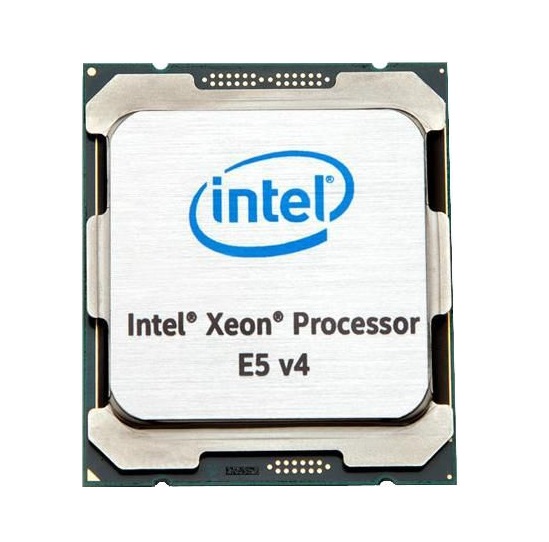CPUs and Processors
Welcome to our online store, where we offer a wide range of CPUs and processors for your computing needs. Whether you're building a new computer or upgrading your existing system, we have the right CPU or processor for you.
CPUs (Central Processing Units) and processors are the most important component of a computer system. They are responsible for executing all the commands and processing data. A good CPU or processor can make a significant difference in the performance of your computer, making it faster and more responsive.
Benefits:
High performance:A good CPU or processor can significantly improve the performance of your computer, making it faster and more responsive.
CPUs (Central Processing Units) and processors are the most important component of a computer system. They are responsible for executing all the commands and processing data. A good CPU or processor can make a significant difference in the performance of your computer, making it faster and more responsive.
Storage devices are essential components of any computing system. They are used to store and retrieve digital data, such as documents, images, videos, and software programs. In this article, we will discuss different types of storage devices, their benefits, and how they work. This is a common type of storage device that uses rotating magnetic disks to store data. HDDs are available in various sizes and can store large amounts of data. They are typically used in desktop computers, laptops, and servers. This type of storage device uses non-volatile flash memory to store data. SSDs are faster than HDDs and are less prone to mechanical failures. They are commonly used in laptops, tablets, and other mobile devices. This is a small, portable storage device that connects to a computer through a USB port. USB flash drives are easy to use and are commonly used to transfer data between devices. Memory cards are small, portable storage devices that are commonly used in digital cameras, smartphones, and other portable devices. They use non-volatile flash memory to store data. This type of storage device uses optical technology to read and write data. Examples include CDs, DVDs, and Blu-ray discs. Optical discs are commonly used for storing music, videos, and software programs. Storage devices provide a secure and reliable way to store digital data. Many storage devices, such as USB flash drives and memory cards, are small and portable, making it easy to transfer data between devices. SSDs are faster than HDDs and can significantly improve the performance of a computer or other device. Storage devices are designed to withstand wear and tear and are less prone to mechanical failures than older storage technologies. Storage devices use various methods to store and retrieve data. For example, HDDs use rotating magnetic disks and a read/write head to store and retrieve data. The read/write head accesses the data stored on the disk by moving across the disk's surface. SSDs use non-volatile flash memory to store data. When data is written to an SSD, it is stored in a series of memory cells. When data is read from an SSD, it is retrieved by accessing the appropriate memory cells. When choosing a storage device, it's important to consider the specific needs and requirements of the user. Here are some factors to consider: Choose a storage device that has enough capacity to store all of your data. Consider the speed of the storage device and choose one that can support the required read/write speeds. If you need to transfer data between devices frequently, choose a storage device that is small and portable. Ensure that the storage device is compatible with your computer or other device. Regular maintenance is important to keep your storage device functioning properly. Here are some tips for maintaining your storage device: Keep your storage device clean and dust-free by wiping it down regularly with a soft cloth. Protect your storage device from power surges by using a surge protector. Keep your storage device updated with the latest software and security updates. Monitor your storage device's performance and contact the manufacturer if you experience any issues or problems. Storage devices are an essential component of any computing system. By understanding the different types of storage devices, their benefits, how they work, and how to choose and maintain the right storage device for your needs, you can ensure that your data isStorage Devices
Types of Storage Devices:
Hard Disk Drive (HDD):
Solid State Drive (SSD):
USB Flash Drive:
Memory Card:
Optical Disc:
Benefits of Storage Devices:
Data Storage:
Portability:
Speed:
Durability:
How Storage Devices Work:
Choosing the Right Storage Device:
Capacity:
Speed:
Portability:
Compatibility:
Maintenance of Storage Device:
Conclusion:



